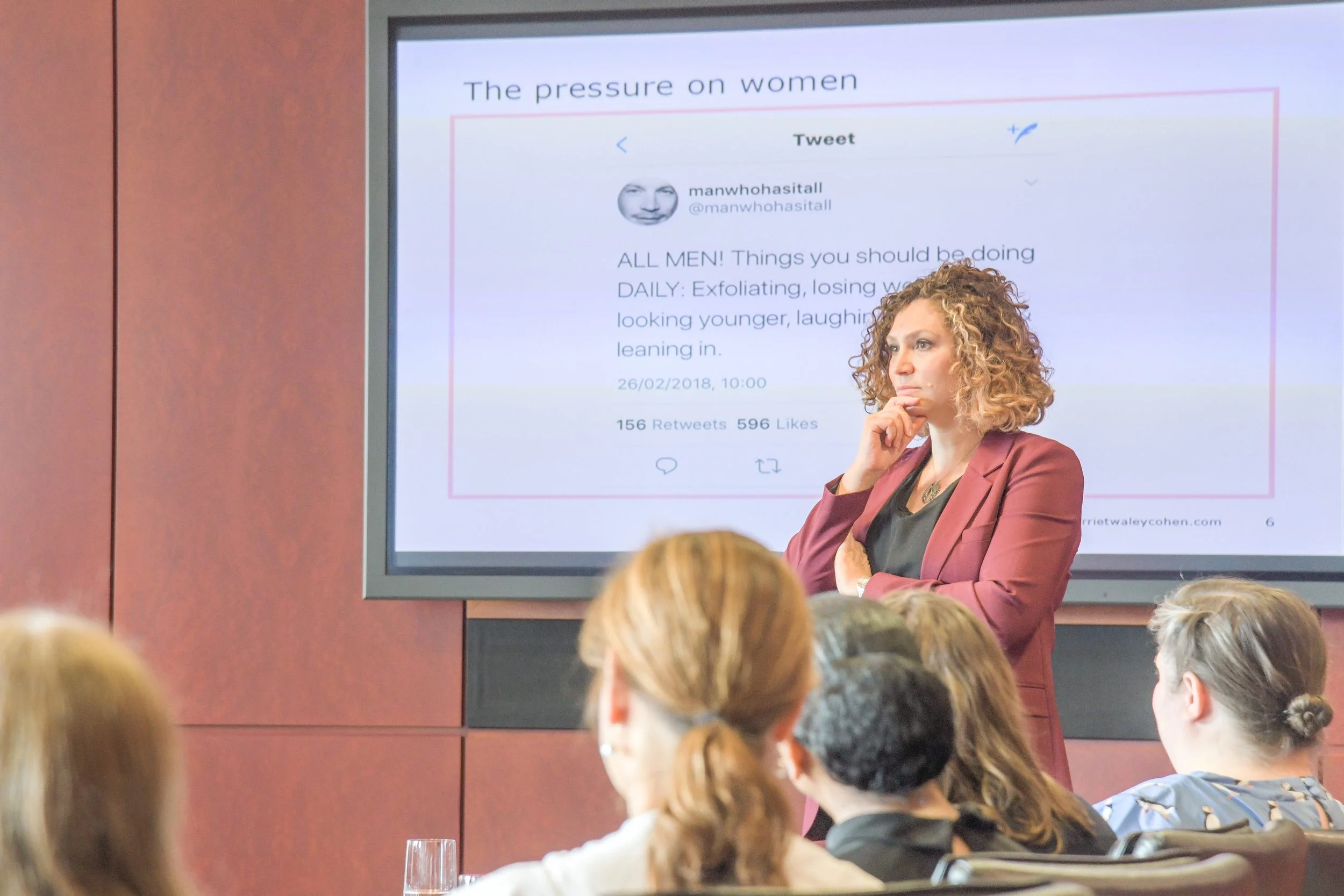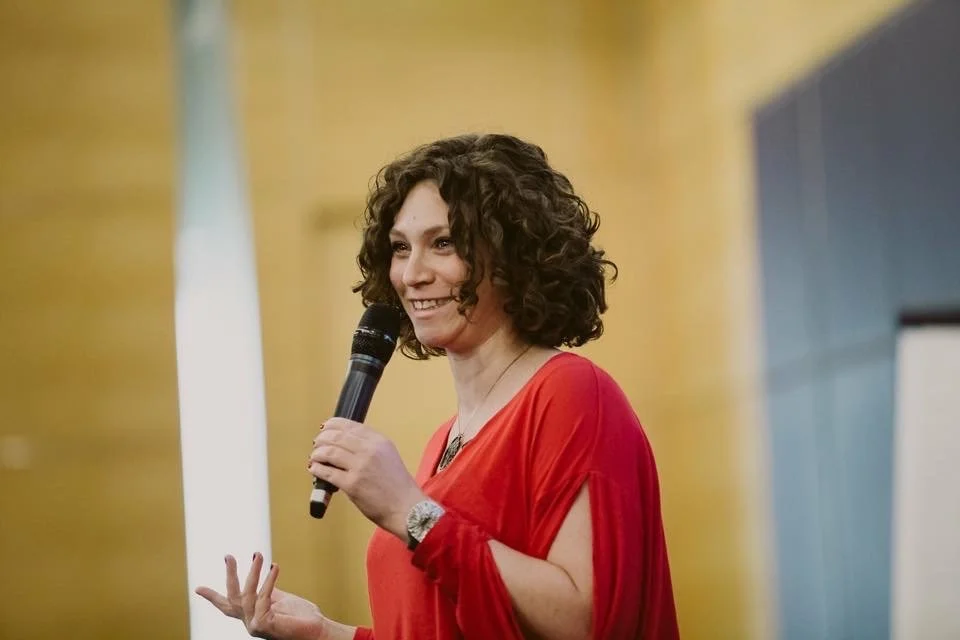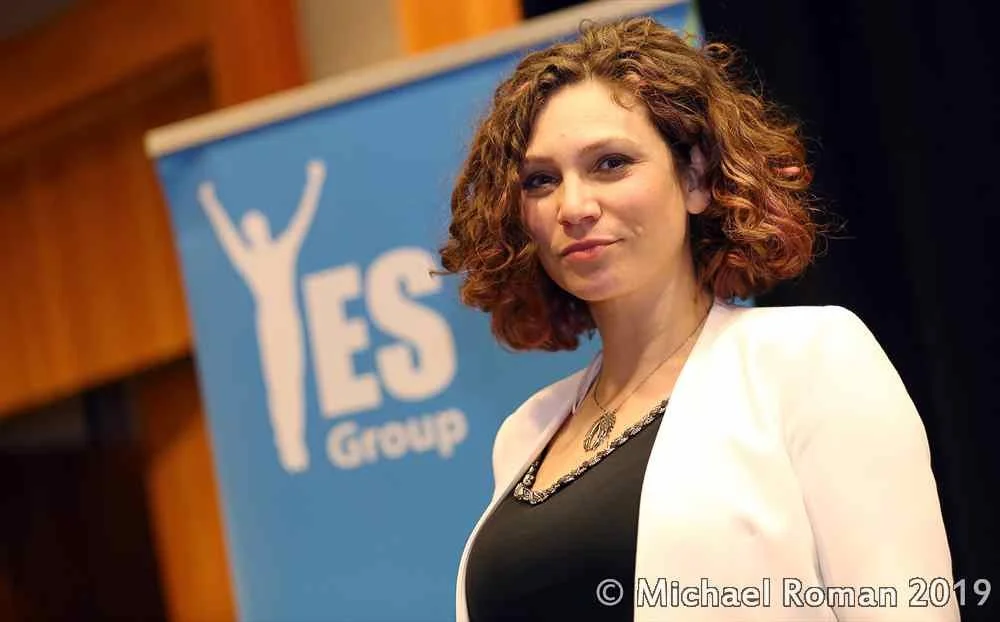
My Story
It was a sunny weekday in May, the kind of early summer’s day that brings the promise of summer with real warmth on your skin. But I was cold. Shaking. In shock. I’d just left a meeting with my boss in the city. We’d been discussing my return to work from maternity leave. After a decade in the industry, I’d been told in no uncertain terms that flexible working wasn’t an option. My boss demanded that I commit to returning as good as full-time (he actually said he wanted to know I was in the office more than I was at home with my kids so a minimum of 4 days a week).
As I tried to steady my breathing and calm my racing heart, I realised - for the first time - that my worth to the company was simply a question of how much they could squeeze out of me. My experience, my knowledge was irrelevant. I’d spent years being the first one in and the last one out of the office; always there to make sure that deadlines and standards were met. None of that mattered any more. I was a mother, and so now my commitment was questioned and I would have to ‘prove’ myself all over again: prove that my work was more important than my first born.
I resigned. My city career was over.
What followed was an unexpected period of grief and identity confusion as I figured out who I was. My confidence took a hit. I realised how much I had been rooting my self-worth and identity in my successful career, my work achievements and now I was ‘just a mother’.
Fast forward to 2020. I’d been divorced for 8 years, successfully single parenting, and had a multi-award-winning coaching/speaking business that I’d grown since the divorce, supporting senior and ambitious women with their self-worth, confidence and leadership skills. As I began researching chapters for a book I was being encouraged to write, it became abundantly clear that the problem wasn’t women; it wasn’t that our mindset was faulty or that we were using the wrong tone of voice; it wasn’t that women weren’t asking for what they needed in the ‘right way’. What came sharply into focus was the myriad of forces out there in the world that tell women we aren’t good enough: diet culture, media, gender pay gap, stereotyping, porn and the objectification of women, the normalisation of misogyny, religion, legal systems, gendered ageism, design, lack of political influence, skewed political and corporate policy, victim blaming, psychiatric and medical bias…
I created a talk called ‘Women & The Self-Worth Crisis: A call to action’.
The first time I delivered it in person was at the Women Leaders Association’s Annual Conference - several women came to me afterwards to thank me for helping them to realise just how deeply rooted the problem was and that it really wasn’t their fault. They felt liberated and ready to try to tackle the system. The men in the room confided in me that they thought they had understood what was holding women back before, but now they knew the truth on a completely different level. They also felt called to create change to make things better for women.
Around the same time, I trained in the psychology of victim blaming of women and girls subjected to male violence; this deepened my understanding of systemic misogyny. I knew that every single client of mine, every friend, every colleague, had experienced male violence to one extent or another, and we had all been blamed - what did you say/do/wear to make him do that to you – and worse, we all blamed ourselves.
Here we are in 2023, and the systems still need to be fixed. While progress has been made, there is still a distance to go. Misogyny and violence against women and girls remain a major issue worldwide, and in some countries, women’s rights are being rolled back rather than progressing. Content tagging Andrew Tate, the poster boy of modern misogyny and a self-confessed sex trafficker, has had billions of views on TikTok alone, enough for every man on the planet to have watched his content four times each.
The gender pay gap will take well over 100 years to close at its current rate, and women from the global majority are still paid less than their white counterparts. In the corporate world, here in the UK there are just 9 out of 100 female CEOs in the FTSE 100, and while the percentage of women on boards has been rising, we are nowhere near parity when it comes to women in management, senior or board level positions.
That earlier personal grief returned has been transformed, first to righteous anger and then to a clarity of purpose that has fuelled me ever since: we cannot create true change ‘one woman at a time’. We need to create a new paradigm in which everyone has the confidence, self-worth and skills to flourish and make their greatest contribution. Imagine that world. Imagine a world in which girls are not automatically disadvantaged and instead are truly valued for their potential and contribution; a world in which women have their fair share of power, success and opportunity; a world in which everyone – regardless of gender or background – can succeed. That is the world that I dream of – and I passionately believe that it is possible and that we can create that world.
This is the work that I do now. I help organisations to embrace true inclusion - whether that is working with schools to empower students; companies to create genuine change or individuals to help them step into confident, inclusive leadership.
As a speaker, trainer coach, writer and activist with a background in psychology, a decade in investments and a further decade coaching senior women on confidence and leadership, I support my corporate clients to recruit and retain the best female talent at all levels; to shift their culture to one of outstanding allyship and to get a genuine ROI on their gender-focused DEI initiatives. I help schools to support students by developing talks, workshops and programmes that tackle misogyny - including internalised misogyny - sexism and the sexualisation of girls.
I do not work with organisations whose efforts in this area could best be described as performative. I am not the right person for you if you are looking for someone to come in for one-off workshop to ‘fix the mindset of women or girls’, so that you can tick the ‘tackling sexism’ box for this year.
But if your school or company is serious about diversity and equity; if you genuinely want to create a culture of allyship and allyship; if you want to tackle misogyny and the sexualisation of women and girls, then let’s talk.

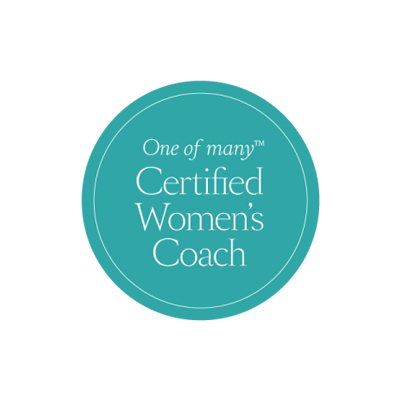
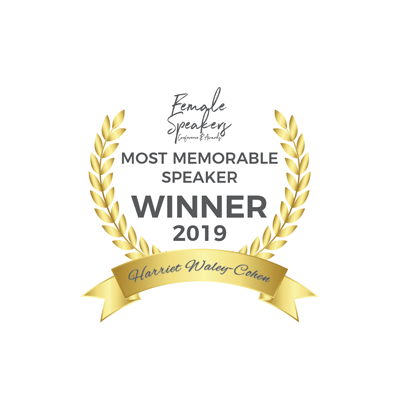
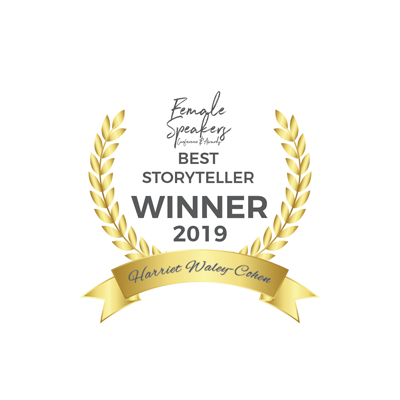
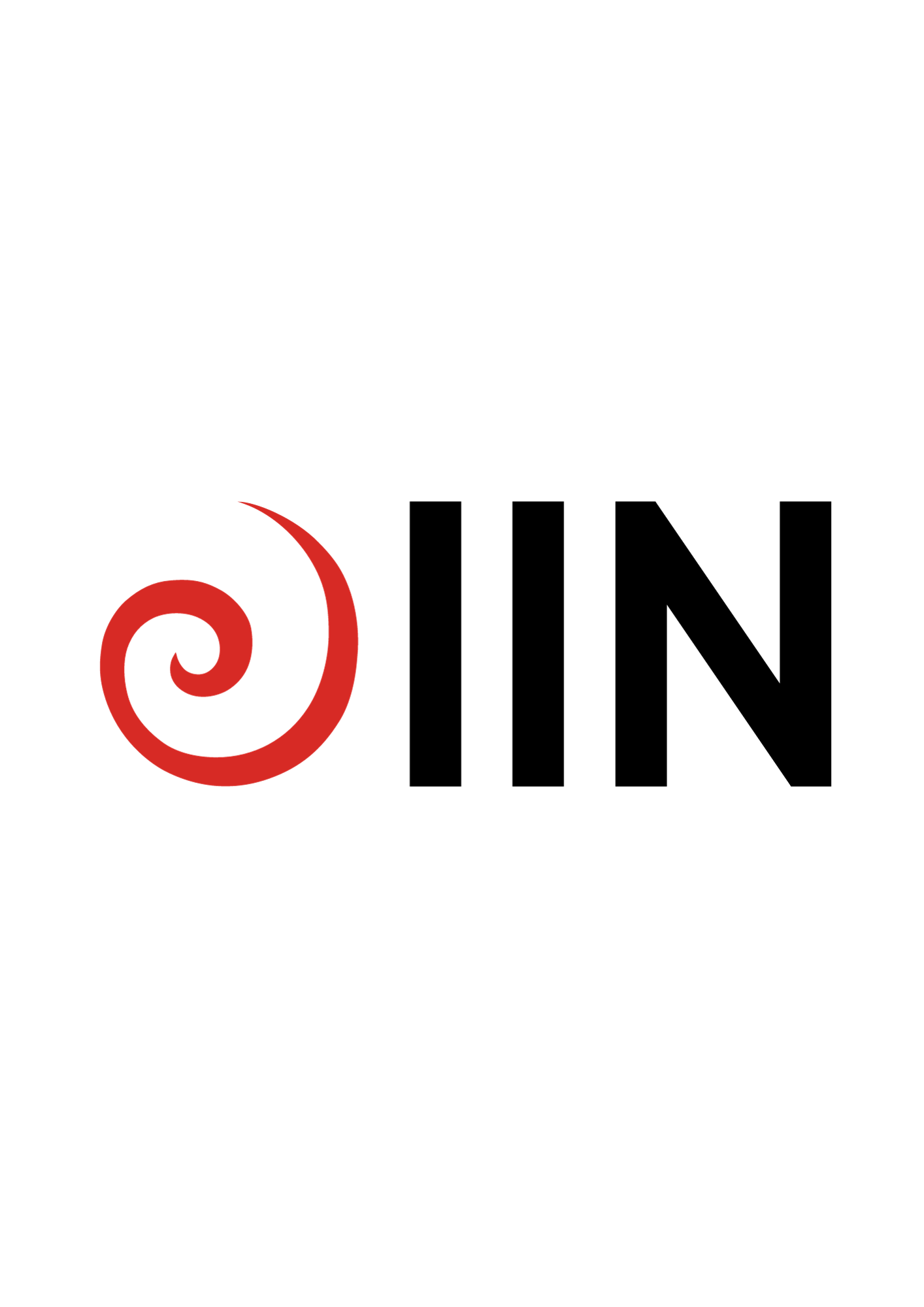
ABOUT HARRIET
Training, Experience & Expertise
B.Sc in Psychology from UCL, 1998
Investment Management Certificate, 1999
Voluntary mentor for young women with addictions, 2003 - present
Certified Health & Wellbeing Coach, IIN, 2014
Women’s Leadership Coach, One of many, 2017
UK Female Speaker Awards: Best Storyteller, Most Memorable Speaker: 2019
Award for Leadership in The World, The Network for Transformational Leaders, 2019
VictimFocus Accredited Trainer: The psychology of victim blaming, 2021

